
Top news of the day from across the health care landscape.

Top news of the day from across the health care landscape.
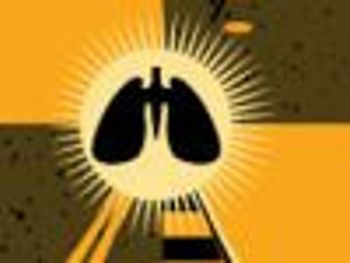
Lymph node staging carries a clinical significance in lung cancer patients.

Direct-acting antivirals can cure hepatitis C in most patients, but the drugs don’t eliminate complications, such as cirrhosis and liver cancer.
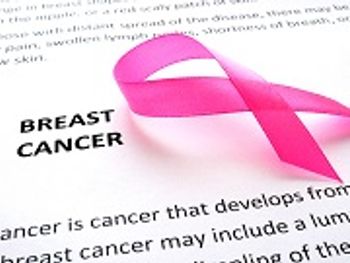
Little clinical data exists to aid shared decision making for mammography frequency.

Research targets formation of esophageal cancer tumors.

Nebivolol shows promise blocking anthracycline-induced cardiotoxicity in breast cancer patients.

Research reveals potential drug targets for cervical cancer associated with human papillomavirus.

New data reveals only a portion of hepatitis C positive individuals receive treatment.

Researchers urge for more stringent guidelines regarding reimbursement for off-label use of cancer drugs.

Patients with negative expectations about breast cancer treatment had nearly twice the amount of side effects.
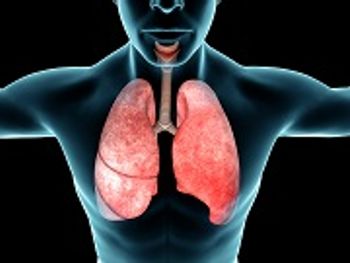
Tecentriq improved overall survival in patients with non-small cell lung cancer.

Top news of the week in oncology, and cancer drug development.

Selumetinib did not meet trial endpoints in patients with KRASm-positive non-small cell lung cancer.

Novel drug is a bispecific T cell engager (BiTE) that targets the B-cell maturation antigen in multiple myeloma.

Underlying mechanisms of skin cancer reveal potential avenue to cure melanoma.

Expanded use of bundled payments in cancer for services such as mammography.
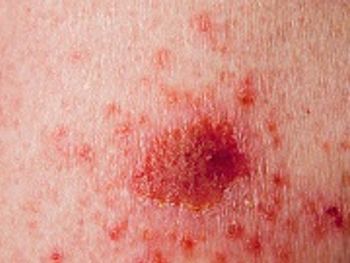
Physically aging a participant’s face may lead to lower long-term healthcare costs.

Combinations with hypoxia-activated prodrugs may eliminate non-small cell lung cancer tumors.

Factors other than race or ethnicity influence outcomes in multiple myeloma.

The Chemotherapy Foundation Symposium: Innovative Cancer Therapy for Tomorrow, will allow pharmacists to obtain continuing education credits while staying on top of the latest oncology advances.

The toxicity of cancer drugs increasingly causing cardiovascular complications in patients.
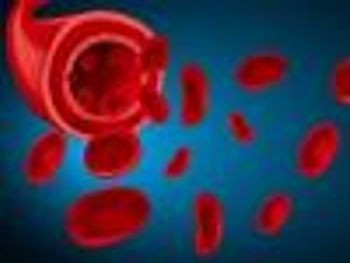
Self-reported psychological well-being superior in patients with leukemia after a bone marrow transplant compared with peripheral blood transplants.

Some breast cancer tumors are not sensitive to Herceptin.

Duration and degree of being overweight impacts cancer risk in postmenopausal women.

Researchers examine whether cognitive impairment caused by chemotherapy drugs in breast cancer patients is a long-term issue.

Genes related to eye color may cause cancer of the eye.

Top news of the day from across the healthcare landscape.

Cancer genomics reveal genetic mutations that aid tumor growth in prostate cancer.
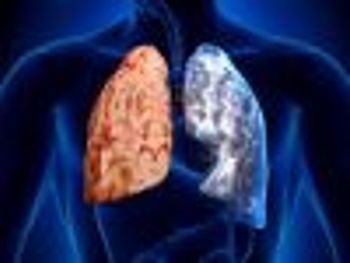
Treating cellular survival mechanism may prove to be a promising treatment approach for cancer.